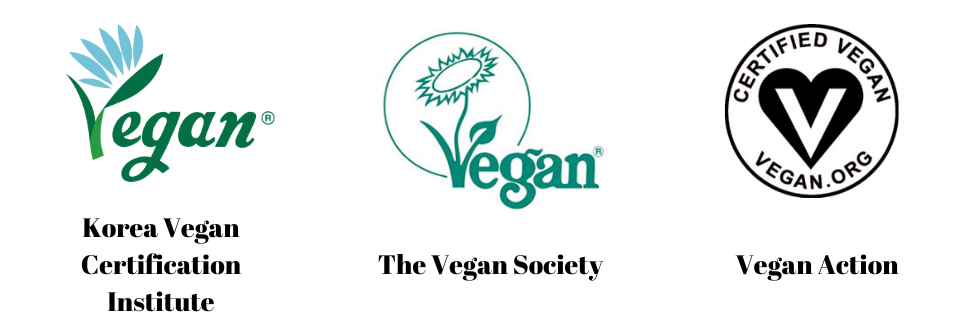Are vegan cosmetics really just for marketing purposes?
Let’s find out the truth about prejudice and why we should choose vegan certification.
Rabbits, which lack lacrimal glands and possess long eyelashes, are among the most common subjects of animal testing. The exposure of animal testing practices to the media sparked widespread shock and concern among the public.
As a response to this growing awareness, the EU took significant steps by implementing a ban on animal testing for cosmetics in 2013 under the European Cosmetics Regulation EC No 1223/2009 (Article 18). Subsequently, the ban extended to include animal testing of raw materials. Following suit, Korea enacted its own ban on animal testing in 2018, enshrined in Article 15 of the Cosmetics Act.
However, despite legal strides, the perception that “vegan” equates to “cruelty-free” products remains prevalent in Korea, with many consumers unaware of the distinction’s significance. This lack of awareness has unfortunately led to the stigmatization of vegan certification as merely a ‘false marketing ploy’. Ironically, even though cruelty-free certification inherently aligns with the principles of veganism, it garners separate attention.
To understand the nuances between these two certifications and dispel misconceptions, let’s delve into their definitions and criteria.
Vegan cosmetics Certification Conditions
1. Cruelty Free
Cruelty-free certification assures consumers that no animal testing was conducted in the production process.
This certification requirements include:
- A ban on animal testing: Companies must demonstrate that their products underwent no animal testing, except for stability testing of finished products and raw materials.
- Transparent supply chain: Full disclosure of the sourcing process for raw materials is mandatory.
2. Vegan
Vegan certification indicates that products do not contain animal-derived ingredients and were not tested on animals.
The certification requirements include:
- Prohibition of animal-derived raw materials: Products must not contain any ingredients sourced from animals.
- Prohibition of animal testing: Companies must affirm that no animal testing was conducted during product development or manufacturing.
- Cross-contamination prevention: Measures must be in place to prevent cross-contamination between the vegan and non-vegan production processes.
Vegan cosmetics Certification Insights
Upon closer examination of the certification conditions, it becomes apparent that cruelty-free certification is a subset of vegan certification, differing mainly in the allowance for animal-derived ingredients.
In regions where animal testing for cosmetics is legally prohibited, such as Korea, the EU, Norway, Israel, India, Switzerland, New Zealand, Turkey, and Taiwan, products indirectly indicate their cruelty-free status due to legal mandates against animal testing.
Consequently, certification in such areas may primarily serve marketing purposes.
However, in countries like China, where animal testing remains a regulatory requirement, certification becomes essential to demonstrate cruelty-free status.
So, where can you obtain this certification?
Certification Bodies
1. Cruelty-Free

- PETA (USA)
- Leaping Bunny (Cruelty Free International)
- Choose Cruelty Free (CCF_Australia)
2. Vegan

- Korea Vegan Certification Institute (Korea)
- The Vegan Society (UK)
- Vegan Action (USA)
Regrettably, there is currently no organization providing cruelty-free certification in Korea. However, as long as the Vegan certification criteria and legal requirements are satisfied, certification may not be necessary.
In Conclusion: Are Vegan Cosmetics Truly Beneficial?
Vegan cosmetics tend to steer clear of allergens commonly found in animal-derived ingredients, such as dairy, lanolin, and specific proteins, thereby minimizing the risk of allergic reactions. Furthermore, their emphasis on plant-based components typically results in gentler formulas.
While adherence to these standards doesn’t automatically guarantee superiority over non-vegan products, considering ethical and environmental concerns, opting for vegan cosmetics with skin-friendly formulations could prove advantageous in the long term.
WITH.C is committed to ESG management and advocates for eco-friendly, ethical vegan products.
Choose sustainability with us and Choose WITH.C Products!
